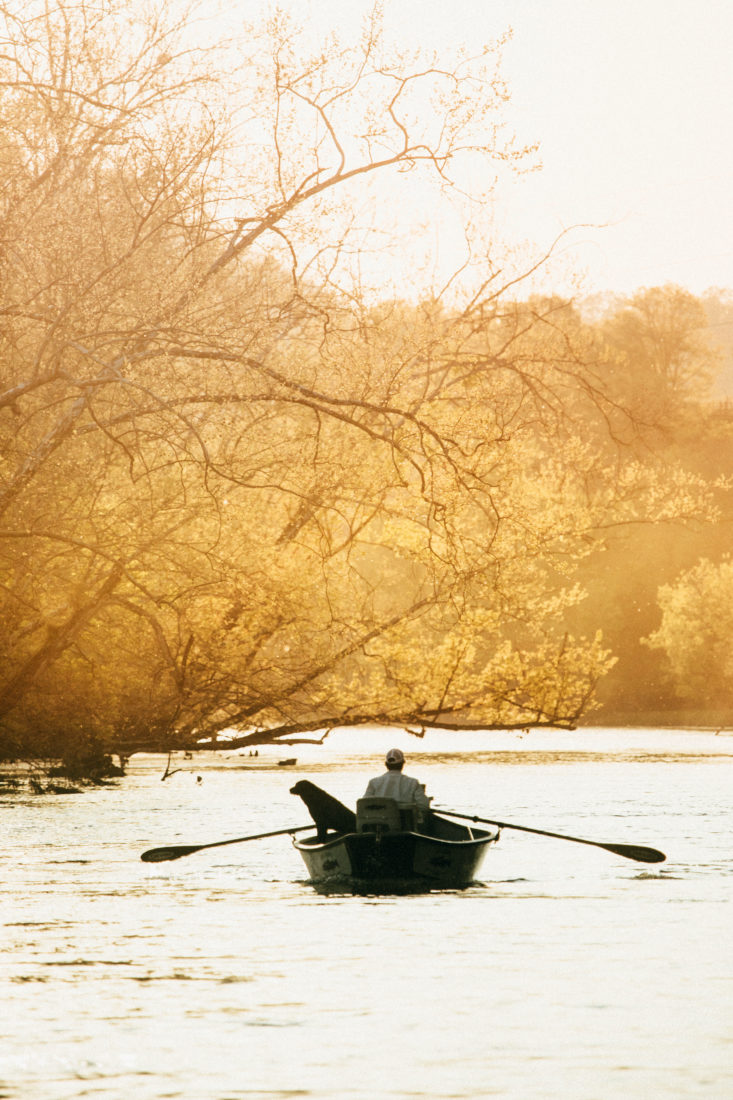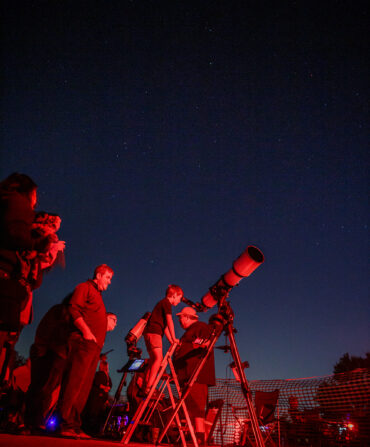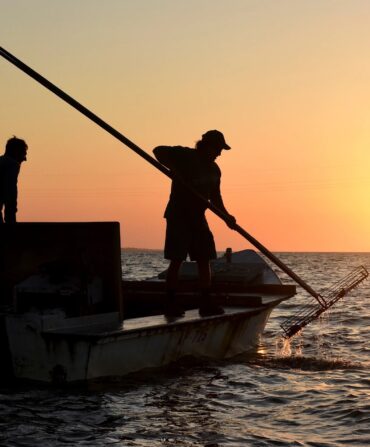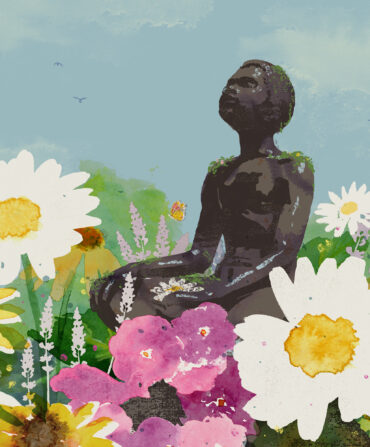I was one of the last visitors to leave the Florida Keys. On Friday, March 20, word trickled through the islands that Monroe County officials would close the entire archipelago to tourists at 5 p.m. that Sunday. I rented a car and bolted the next morning, heading back home to North Carolina. It was a stunning postcard-worthy day. Coasting north along the raised bridges that hop and skip from islet to islet, the plains of azure water stretched to the horizons, and the mangrove-clad keys took little note of my frantic departure. Shuttered stores and restaurants lined U.S. 1. With every mile, I wondered when I might return. And in the tumultuous, gloomy month since, I’ve wondered what would be left of Florida’s guiding community—and the entire industry of fishing and hunting guides across the South—when it was safe to return.
Recently, I checked in with a few guides and outfitters who might be familiar to Garden & Gun readers. You might recall Matt Maness, from our story “The Other Montana.” Maness guides trout fishing trips, largely out of his homemade drift boats, mostly on the famed Watauga and South Holston tailwaters of east Tennessee. There, black caddis hatches in mid-April kick off a frantic two-month-long season of epic brown and rainbow trout catches. The pandemic torpedoed 95 percent of his April bookings, and May is looking just as grim. In those two months alone, Maness might log a quarter of his annual fishing income.
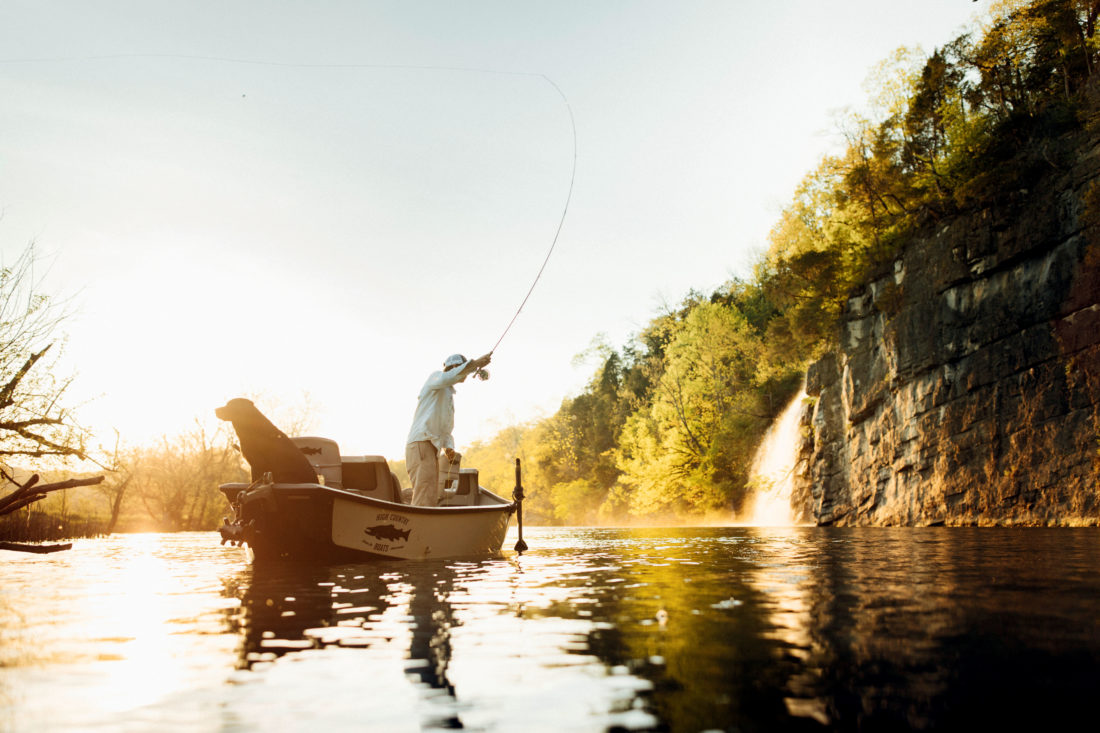
Maness is fortunate to have his High Country Boats shop to help pay the bills. And he and his wife, Shannon, now have three-week-old William Monroe Maness to keep them busy at home. But as much as he’s missing his charter income, he’s missing his charter friends, too. “It might sound silly, but I miss my own days on the water,” he says. “Fishing guides do this for love, so it’s not just the money but the fulfillment of putting people I care about on fish.”
At Florida Outdoor Experience in Chiefland, Gray Drummond runs turkey hunts and tarpon trips out of a stunning family spread (see: “A Turkey Hunter’s Paradise”). Osceola turkey hunts at FOE are legendary—Flip Pallot guides there, as does Chris Wittman, co-founder of Captains for Clean Water—and Drummond had to cancel the entire turkey season. “It’s better to be safe than sorry,” he says. Drummond also serves as CEO of the Chiefland-based Drummond Community Bank, which he figures has helped more than 1,000 small businesses in his community, including some 65 fishing and hunting guides, apply for aid and loans through the federal relief programs. “The guiding community is a part of the hospitality industry,” he says. And while there may not be a shuttered storefront when a guide goes out of business, the impact on families and communities is the same. With turkey season shot, Drummond is on edge about his next big Florida event: Tarpon season at FOE’s silver king camp near famed Homosassa, which runs through May and June.
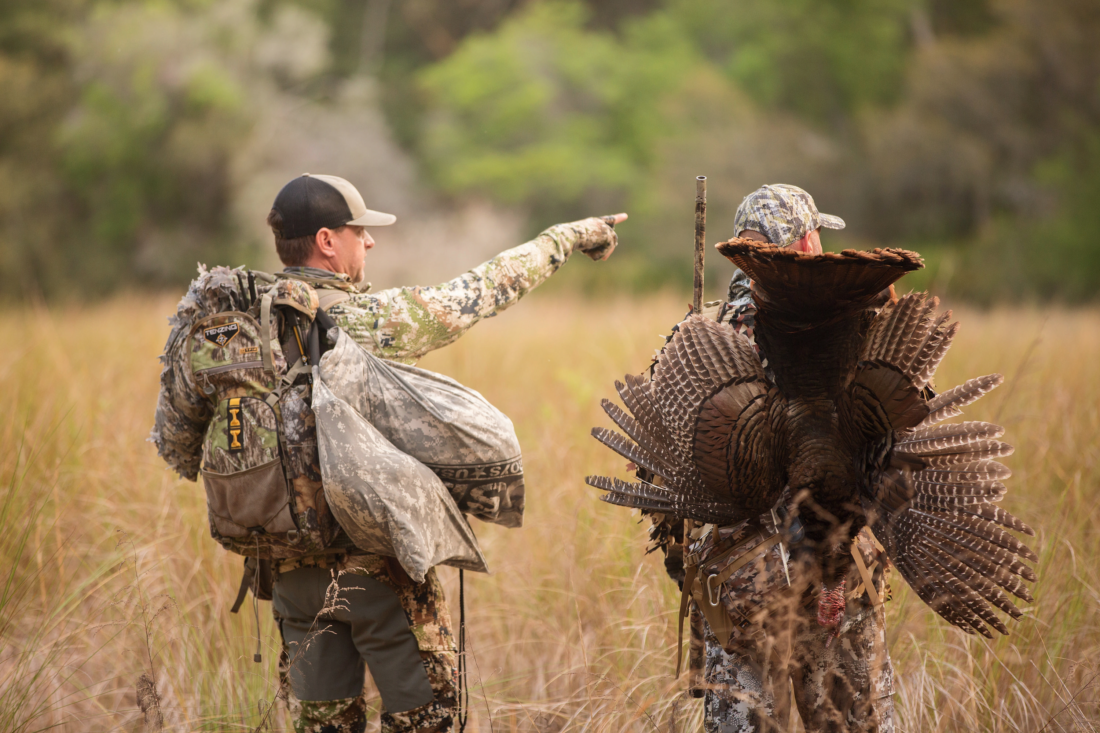
Tarpon season is the Mardi Gras of the Southern saltwater calendar, part celebration and part religious experience, a two-month-long stretch of spring and early summer during which many fishing guides can bank a third or better of their annual income. Key West is its Bourbon Street, and that’s where I tracked down Justin Valakis of Shadow Caster Charters. Valakis and his business partner, John Smouse, had every day booked for the peak of tarpon season through the end of June. Every charter has now been cancelled.
“Our challenge moving forward is the fact that there is no clarity about what might happen and when,” Valakis says. “For the first few weeks, the thinking in the guiding community was: Okay, let’s add some electronics to the boat. Re-rig this. Re-spool that. But now we’re talking about survival.”
To rub salt in the wound, he says, the waters around the Lower Keys are clearer than he can ever remember, thanks to a lack of jetboats and cruise ships and even the charter fleet that has vanished. The fish are as relaxed as he’s ever seen. He and a buddy ran to the Marquesas a week ago just to get out of the house and see if any tarpon or bonefish had moved in. “It was a free-for-all of fish in there,” he says. “Just incredible.” Which could be the silver lining in this shutdown-and-hunker cloud: When the anglers can finally return—to the Keys and elsewhere—the fishing might be lights out.
Meanwhile, Valakis is focusing on whatever positives he can glean at the southern end of U.S. 1. “You know how tribal guides can be,” he says. “Some of the gold in this situation is seeing how much we’re all talking now. My circle has widened. We’re sharing ideas about techniques like we’ve never really done before. So much of what we do is based on secrecy. That’s in our DNA as guides, especially down here. But I’m seeing posts about guys getting into the snapper and asking around if anyone needs fish. Folks are being intentional about checking in, seeing if anyone is in a really rough spot and needs help.”
It’s not like anyone is going to be giving away their secret 100-pound-tarpon spots, he says, laughing. “But maybe I’ll tell you what fly I’m using. It’s those little pieces of grace that make the difference, and there’s a lot of beautiful community happening here. I’d like to see that sort of energy continue after all this is over.”


